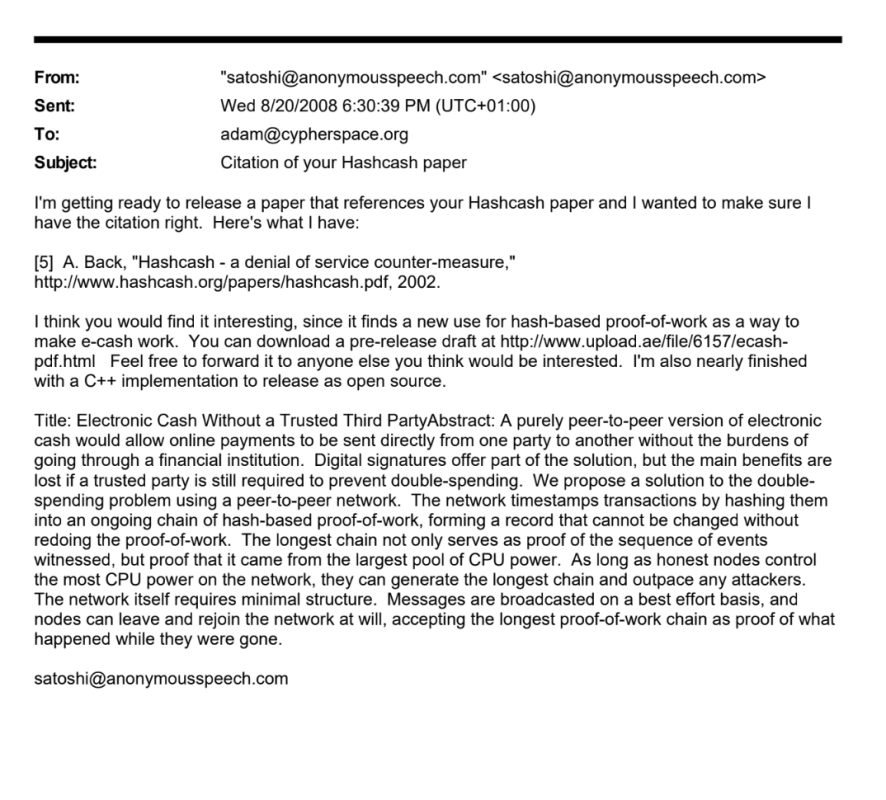Core Team ~ Please let us know as our position may be weighty.. *Time sensitive

I would like to better understand the Bitcoin Core team’s position regarding Bitcoin’s principles and evolution, particularly Satoshi Nakamoto’s vision as described below. “Bitcoin: A peer-to-peer electronic cash system.”
From what I understand, the Core team places a high priority on keeping Bitcoin secure, ensuring that any changes are in line with the “if it ain’t broke, don’t fix it” ethos. There also appears to be a cautious approach to implementing features that could change Bitcoin’s incentive mechanisms or jeopardize its core integrity. I am also aware of the widespread opinion regarding the introduction of smart contracts and other utilities in Bitcoin.
What I’m curious about is the team’s perspective on Bitcoin scaling. Are common objections to scaling efforts primarily focused on changing Bitcoin itself or affecting its core incentive structure? Or is it more important to preserve the basic logic and strengths of Bitcoin as we know it today?
For example, if we Bardot mitotic layer For Bitcoin, are these solutions supported to achieve instant finality, censorship resistance, unlimited TPS scaling on demand, and completely trustless operations, allowing it to perform more functions as a peer-to-peer cash system?
To be clear, this hypothetical solution does not require any changes to Bitcoin’s current protocol, does not require BIP, does not change Bitcoin’s existing security guarantees, or affects Bitcoin’s incentive mechanism in any way. No additional trust assumptions, committees, federations or intermediaries are introduced. Instead, mechanisms such as Hashed Time-Locked Contract (HTLC) can be leveraged in new ways to operate independently at the client level. This approach remains completely neutral to Bitcoin’s current transaction structure, ensuring it does not disrupt or modify existing processes.
These solutions allow users to move seamlessly between Bitcoin as a store of value and this new layer as its digital cash counterpart, while inheriting Bitcoin’s security and censorship resistance. I have never heard a clear answer to this question posed in this way. Would this type of ideal system, rigorously audited and consistent with Bitcoin principles, be acceptable to the core team? Or, to put it bluntly, is such an approach simply unacceptable, regardless of its merits?

